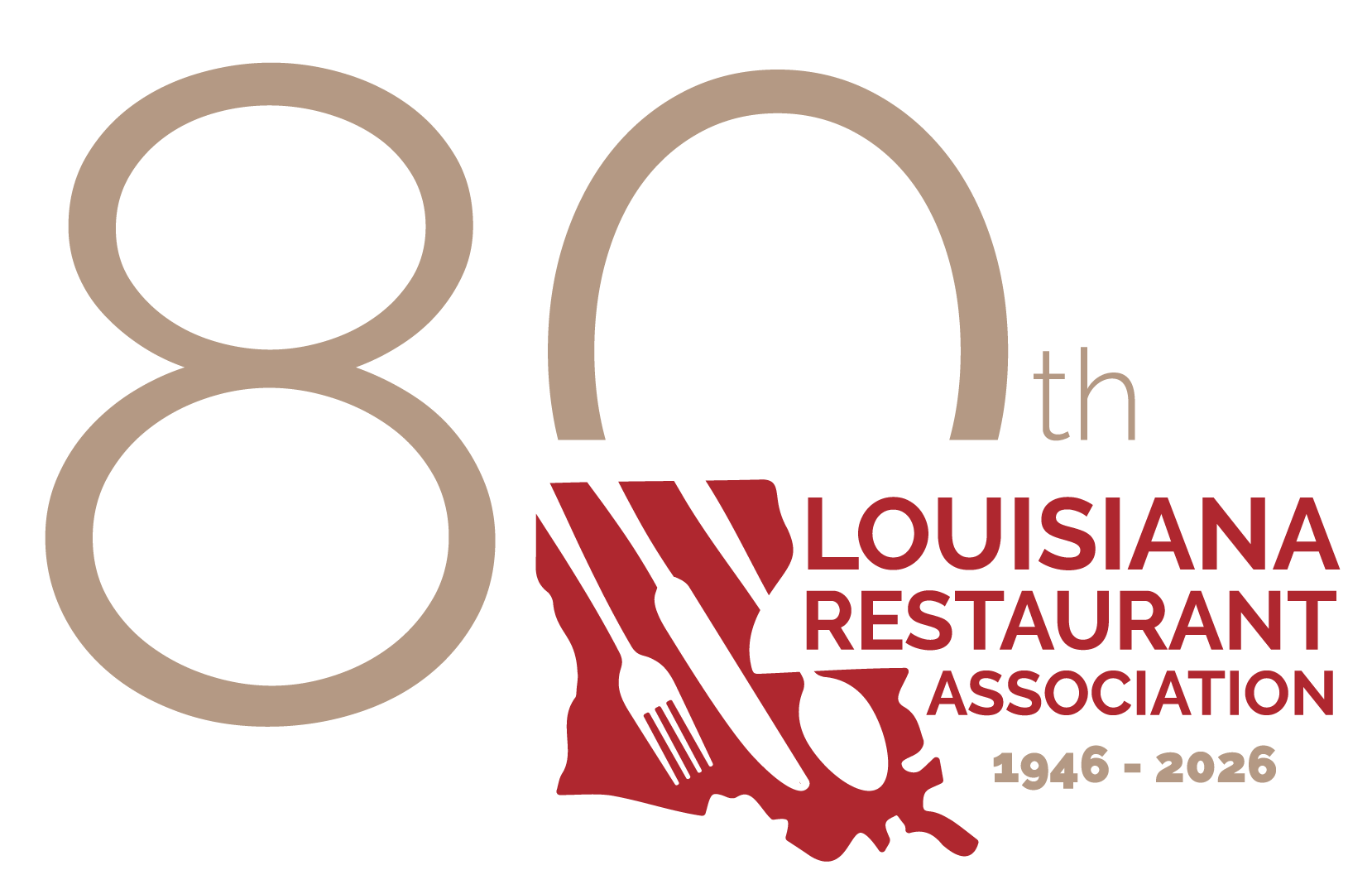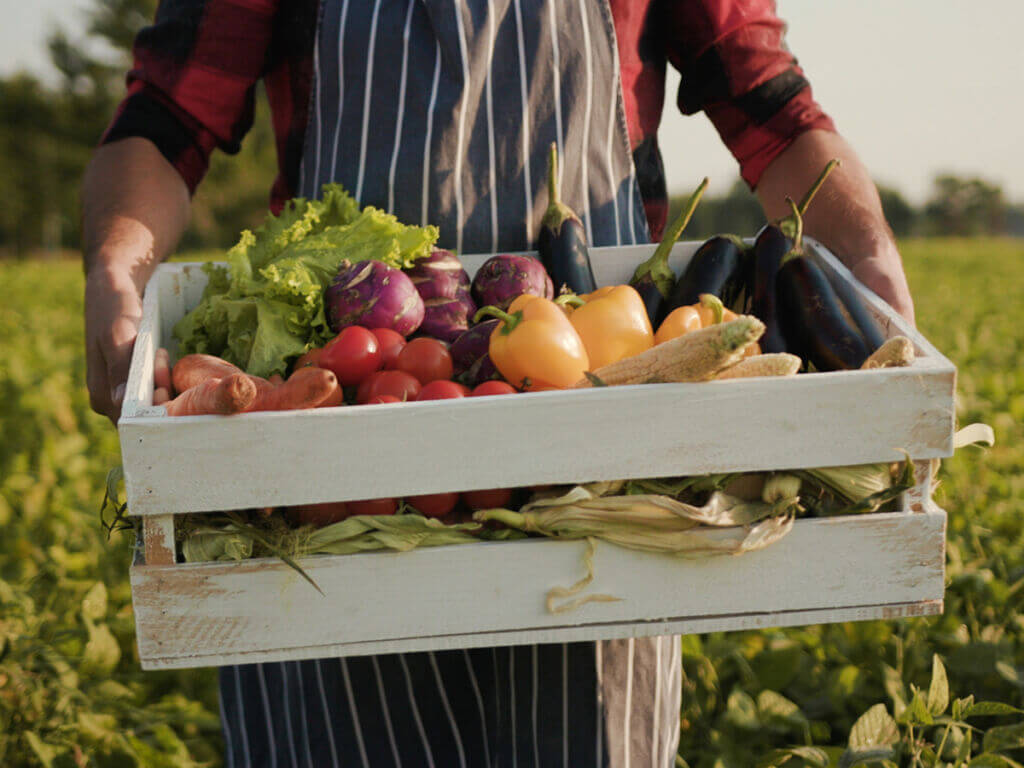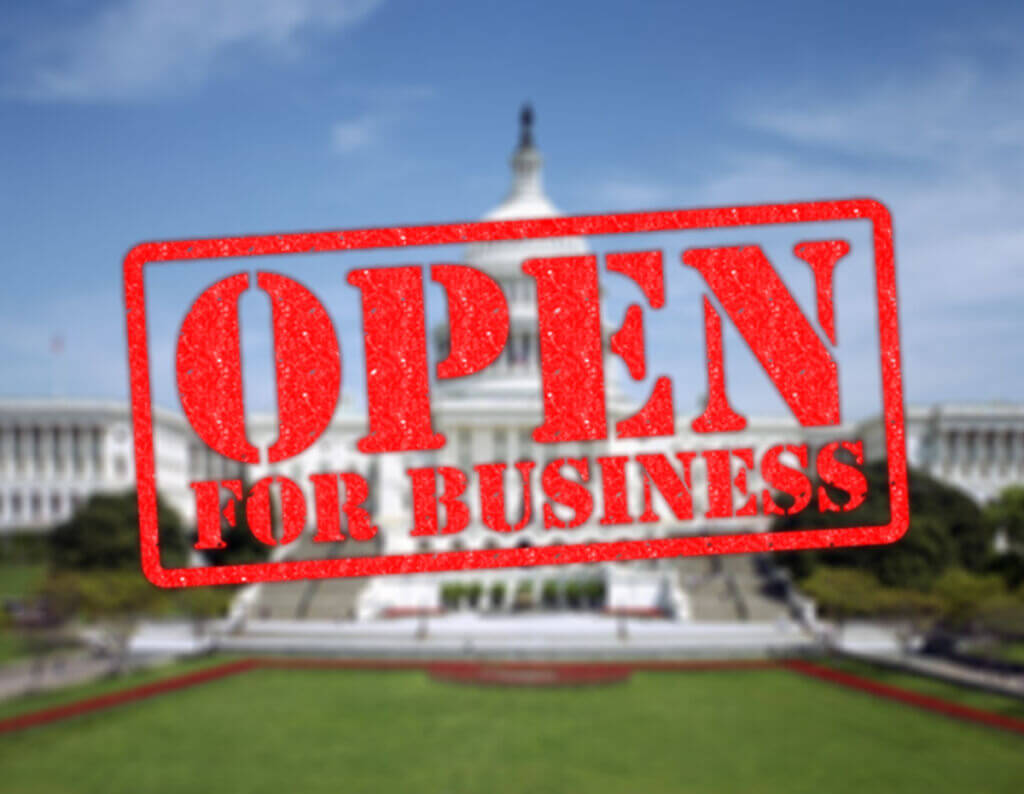Latest News
On the Radar: Latest Trends & Updates
Here, you'll find timely updates, industry insights, and exciting announcements about our association and the vibrant restaurant community we serve. Stay informed about upcoming events, important initiatives, and key developments that impact our industry. We’re thrilled to keep you connected and engaged with the latest happenings in the world of hospitality.
Latest News Charlie Goodson never set out to become a restaurant legend-but hospitality found him anyway. What started in 1967 as a bartending job while struggling through engineering courses turned into a lifetime devoted to restaurants, people, and community. As Charlie once put it, “I started going to school less and working more.” That honesty,…
Read MoreLatest News The Trump Administration has released the updated Dietary Guidelines for Americans (DGA), and the National Restaurant Association (NRA) is proud to see the restaurant industry-and its Kids LiveWell® (KLW) program-recognized as part of the solution. Throughout the development of the Guidelines, the NRA worked closely with leaders at the White House, USDA, and…
Read MoreLatest News Louisiana is rolling out a new online state and local sales and use tax filing system, now accessible through Parish E-File. Beginning January 1, 2026, businesses may file using a Combined State and Local Sales Tax Return, which will be used for January 2026 sales tax returns due in February 2026. This new…
Read MoreLatest News The Louisiana Restaurant Association (LRA) proudly celebrates its 80th Anniversary in 2026, marking eight decades of advocacy, education, and leadership on behalf of Louisiana’s vibrant hospitality industry. As the Association looks ahead to the next chapter of service, the LRA announced its 2026 Volunteer Leadership, led by Octavio Mantilla, Co-Founder and Owner of…
Latest News 2026 What’s Hot Culinary Forecast from the National Restaurant Association forecasts top menu trends for next year The National Restaurant Association (NRA) released its highly anticipated 2026 What’s Hot Culinary Forecast, highlighting the trends set to shape America’s menus in the coming year. The report, based on insights from hundreds of culinary professionals…
Latest News LRA Workers’ Comp renewal information has been sent by email and mail to participating members. Designed specifically for Louisiana’s hospitality industry, the program provides dependable coverage, local and responsive claims support, loss prevention services to help reduce workplace incidents, and potential dividend opportunities for eligible members. Members who are not currently enrolled are…
Latest News On December 23, the U.S. Department of the Treasury released public guidance addressing how businesses should handle cash transactions as pennies become increasingly scarce. This long-awaited guidance follows months of advocacy by national business groups, including direct engagement with Treasury officials and a formal letter from industry leadership urging action. The guidance explains…
Latest News For more than 31 years, Taste of Mardi Gras has been a beloved tradition in Central Louisiana. Year after year, this event has brought our community together to celebrate incredible food, drinks, and entertainment. None of this would be possible without the continued support of our restaurant and beverage partners, and we are…
Latest News Congress has delivered a long-awaited victory for restaurants and service-based businesses by ensuring employers receive a dollar-for-dollar tax credit on the FICA taxes paid on employee tips. The LRA and National Restaurant Association worked directly with Speaker Johnson and Majority Leader Scalise to ensure the 45B credit was not used as a “pay…
Latest News President Trump signed an Executive Order removing select Brazilian agricultural products, including coffee and beef, from the 40 percent tariff imposed under the International Emergency Economic Powers Act. This change applies only to the specific agricultural goods listed in the updated annex, and all other Brazilian imports such as non-agricultural and industrial items…
Latest News Second Line in the Sky is a new temporary memorial and lighting installation spanning the 100-300 blocks of Bourbon Street, created to honor the victims of the January 1, 2025 Bourbon Street attack. Featuring 822 prayer flags suspended across twenty-one buildings, it forms a glowing canopy that encourages visitors to pause, look up,…
Latest News New Orleans is preparing for a significant increase in federal immigration enforcement, with approximately 200 Border Patrol agents expected in the city in the coming weeks. This surge follows similar operations in other major cities and has local law enforcement coordinating closely with federal authorities. While these operations aim to remove public safety…
Latest News As we approach the end of the year and the Thanksgiving season, LRA President and CEO Stan Harris shares key updates on federal and state policy issues shaping Louisiana’s hospitality industry – and extends heartfelt thanks to our members for their partnership and support. Federal Government Reopens After 43-Day Shutdown Last week, the…













